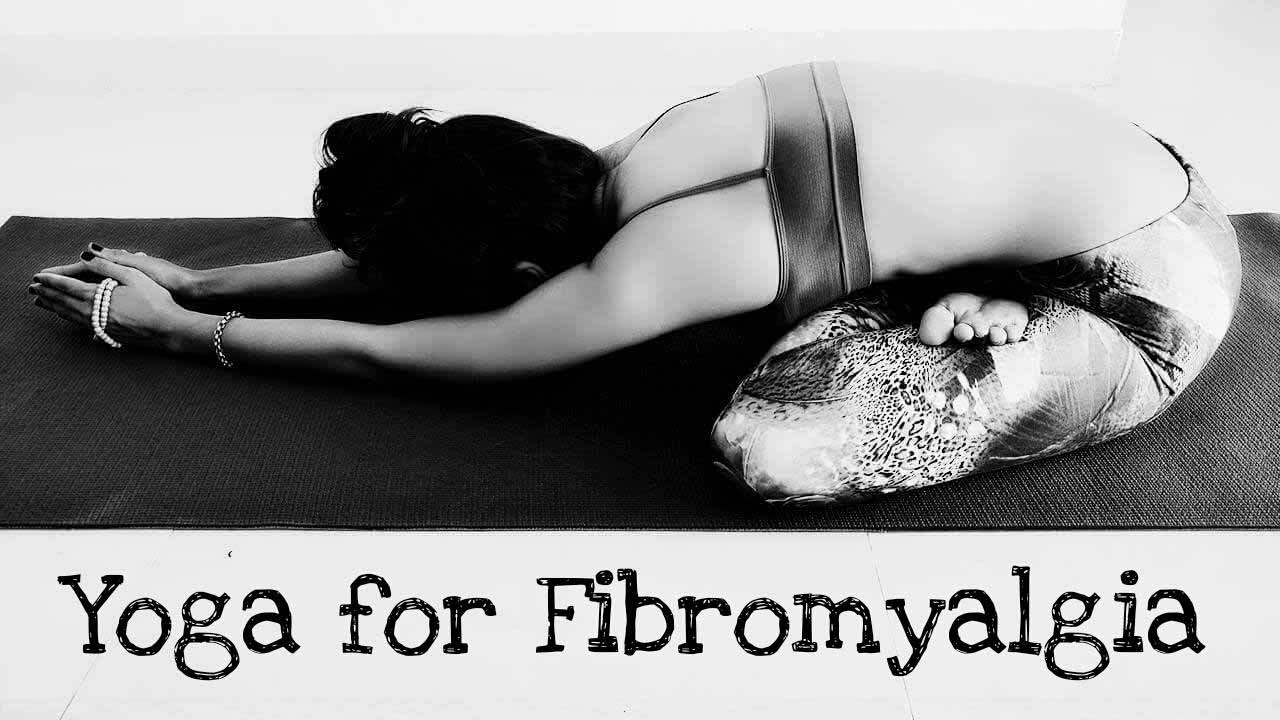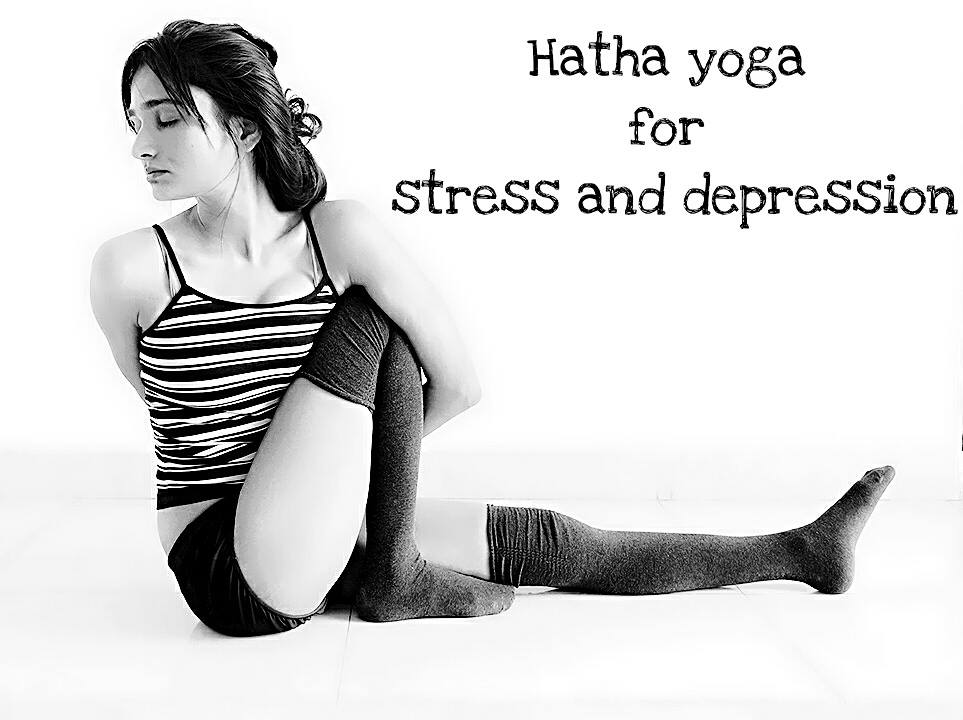Yoga proven to be effective therapy for fibromyalgia
Category : Yoga
 Fibromyalgia is a chronic condition characterized by widespread musculoskeletal pain, fatigue, depression, and hypocortisolism.
Fibromyalgia is a chronic condition characterized by widespread musculoskeletal pain, fatigue, depression, and hypocortisolism.
A pilot study used a time series design to evaluate pain, psychological variables, mindfulness, and cortisol in women with FM before and after a yoga intervention. (Scientific study: source)
Total of 22 Participants were recruited from the community to participate in a 75 minute yoga class twice weekly for 8 weeks. Questionnaires concerning pain (intensity, unpleasantness, quality, sum of local areas of pain, catastrophizing, acceptance, disability), anxiety, depression, and mindfulness were administered pre-, mid- and post-intervention. Salivary cortisol samples were collected three times a day for each of two days, pre- and post-intervention.
The results suggest that a yoga intervention may reduce pain and catastrophizing, increase acceptance and mindfulness, and alter total cortisol levels in women with fibromyalgia .
Another study aimed to verify whether techniques of yoga with and without the addition of Tui Na might improve pain and the negative impact of fibromyalgia on patients’ daily life. (Scientific study: source)
Total 40 women with fibromyalgia were randomized into two groups, Relaxing Yoga (RY) and Relaxing Yoga plus Touch (RYT), for eight weekly sessions of stretching, breathing, and relaxing yogic techniques. RYT patients were further submitted to manipulative techniques of Tui Na.
Outcome measures comprised the Fibromyalgia Impact Questionnaire (FIQ), pain threshold at the 18 FMS tender points, and a verbal graduation of pain assessed before treatment and on the followup. The visual analog scale (VAS) for pain was assessed before and after each session and on the follow-up.
In conclusion, results showed that yogic techniques are valid therapeutic methods for fibromyalgia. Touch addition yielded greater improvement during the treatment. Over time, however, RY patients reported less pain than RYT. These results suggest that a passive therapy may possibly decrease control over Fibromyalgia symptoms.
A sample of 53 female FM patients were randomized to the 8-week Yoga of Awareness program.
Data were analyzed by intention to treat. At post-treatment, women assigned to the yoga program showed significantly greater improvements on standardized measures of Fibromyalgia symptoms and functioning including pain, fatigue, and mood, and in pain catastrophizing, acceptance, and other coping strategies. This pilot study provides promising support for the potential benefits of a yoga program for women with fibromyalgia. (Scientific study: source)
In conclusion:
Yoga is proven to be effective therapeutic effect on people with fibromyalgia.
How yoga can help in fibromyalgia?
A special yoga classes for fibromyalgia consist of gentle poses, meditation, breathing exercises, yoga-based coping instructions, and group discussions. It effectively reduces the symptoms of fibromyalgia.
Some of the potential benefits of yoga for fibromyalgia patients include
- Improvement of coping skills.
- Improves mood.
- Reduces pain and fatigue.
- Increase acceptance and mindfulness.
- Reduces anxiety and depression.
- Alter total cortisol level.
- Reduces other fibromyalgia symptoms, like chronic muscle pain, muscle spasms, stifness or tightness.
How yoga helped you in managing pain or health concerns like fibromyalgia ? Which asana (posture) or breathing exercise you find it more helpful? Share your thoughts in comments below!


